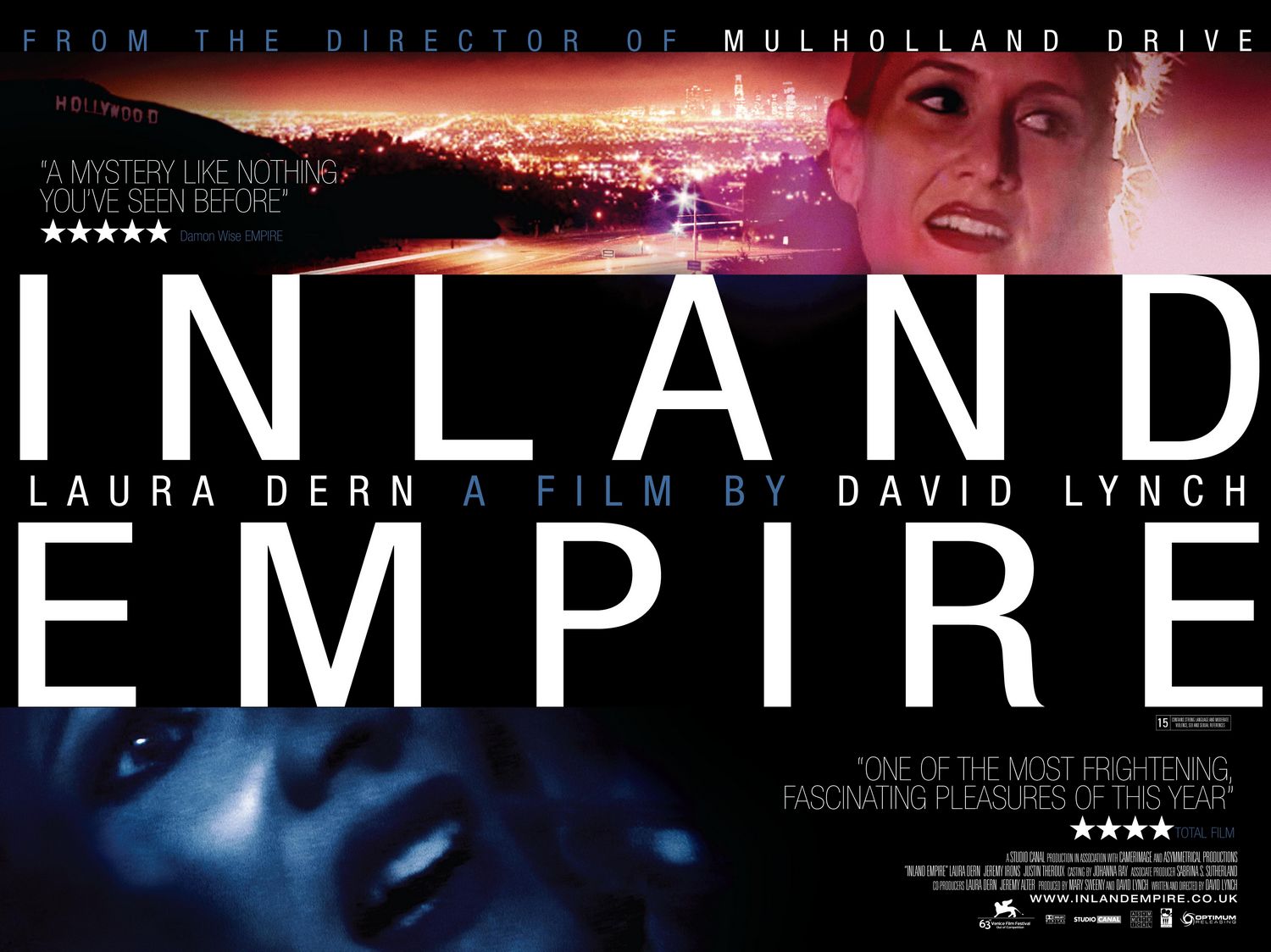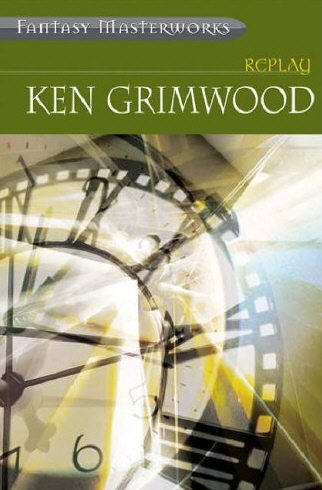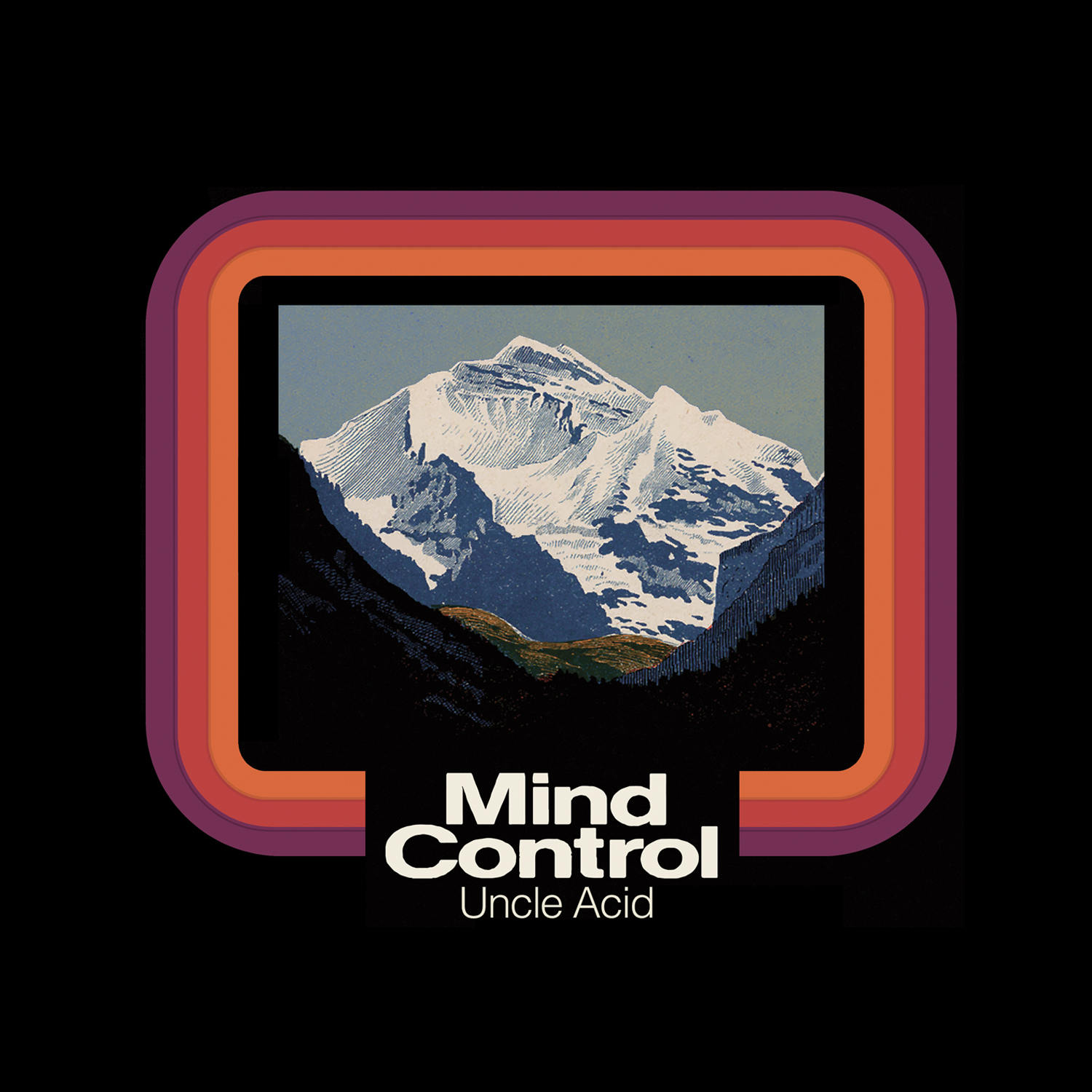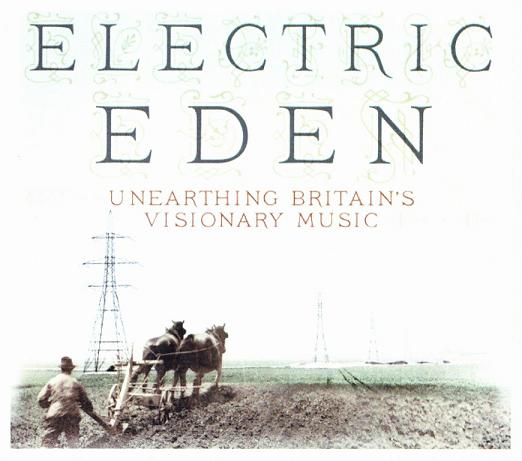
The Year of Dreaming Dangerously is the Hegelian/Marxist philosopher Slavoj Zizek's look at the explosive year of 2011. It's a thought provoking albeit difficult read that frustratingly for some branches away from its ostensibly topic. But if you know anything about Zizek you realise he has the bigger philosophical picture in mind and has no interest in journalistic accounts or concrete economic analysis-if you want that it is best to read
Paul Mason's book on the same subject. I have neither the time (nor the ability to be honest) to do an in-depth review of The Year of Dreaming Dangerously, so instead here is a lengthy quote from
Joe Kennedy's review of the book. He subtracts from the dense prose, Zizek's critique of the liberal managerial middle classes, their nostalgia for social democracy and their absorption into the all-encompassing capitalist system-a subject very close to my heart.
"Milner’s work describes a class which emerged in late capitalism, fulfilling a similar structural role to the factory owners of the industrial era without actually controlling the means of production. This class is not solely, or even predominantly, constituted of people (such as bankers or other financial sector workers) who would tend to affiliate themselves politically with (broadly) conservative interests, but of those whose labour allows them to persist in identifying, at least on paper, with emancipatory causes. Academics provide the obvious example here, but it wouldn’t take long to come up with a long list of other professions–particularly in the swelling charity sector– that could be identified using Milner’s rubric. As the means of production are concentrated in the hands of an increasingly smaller group, those paid a surplus-wage become absolutely instrumental to the maintenance of economic hierarchy. Žižek explains:
The evaluative procedure that qualifies some workers to receive a surplus-wage is, of course, an arbitrary mechanism of power and ideology, with no serious link to actual competence–or, as Milner puts it, the necessity of the surplus-wage is not economic, but political: to maintain a “middle class” for the purpose of social stability. The arbitrariness of the social hierarchy is not a mistake, but its whole point, for the arbitrariness of evaluation plays a role homologous to the arbitrariness of market success.
On these terms, academics, journalists and charity workers may imagine themselves as working to undermine capitalist “stability” while all the while being, even in the grip of radical belief, the key agents of stabilisation. With this in mind, Žižek looks at the British tuition fee protests as an example of a rebellion which experienced itself as radical but was, at its core, a demonstration for the preservation of extant structures of power: “not proletarian protests, but protests against the threat of being reduced to a proletarian status.” What was demanded was not a levelling-out, but a defence of the means (the surplus-waged bourgeoisie put in place by the relatively arbitrary mechanism of the degree system) by which post-Fordist capitalism continues to operate.*
This point is liable to provoke some dissonance amongst those who both see its logic and recognise themselves amongst those being targeted. It’s slightly tempting to kick against Žižek for having the temerity to call out the egalitarian pretensions of his audience in this way, but there’s little getting around it: more than ever before, capitalism relies on that section of the middle class who habitually imagine themselves as in opposition to it. Furthermore, it’s this faith that one is part of the solution rather than of the problem which further entrenches the system, as dissenting energy is invested in tactical goals which turn out to contribute nothing to the radical strategic objective. For Žižek, social democracy of the kind achieved in much of Europe after the Second World War is dead, although its image is kept alive as a red herring which causes discontent to attach itself to partial goals (such as the removal of tuition fees) incapable of elevating themselves into a consistent list of radical demands which could act as a catalyst for systemic change.
As ever, Žižek links nostalgia for the economic and infrastructural achievements of social democracy with the way in which post-war socialism’s surviving offspring, identity politics, is still the primary occupation of many on the left. In The Year of Dreaming Dangerously, he positions this analysis within the context of a liberal atheism which puts “culture” in the place of religion, substituting the demands of universalist belief systems with those of a dogma of disavowal:
Culture is […] the dominant ideological topic of the “enlightened” liberals whose politics is focused on the fight against sexism, racism, and fundamentalism, and for multicultural tolerance. The key question is thus: why has “culture” emerged as our central life-world category? With regard to religion, we no longer “really believe”, we simply follow (some of the) religious rituals and mores as part of our respect for the “lifestyle” of the community to which we belong […] “I don’t really believe in it, it’s just part of my culture” seems to be the predominant mode of the disavowed or displaced belief characteristic of our times. Perhaps, then, the “non-fundamentalist” notion of “culture” as distinguished from “real” religion, art, and so on, is in its very core the name for the field of disowned or impersonal beliefs–”culture” as the name for all those things we practice without really believing in them, without “taking them seriously”.
It is interesting to note here how Žižek opposes “culture” and real “art”, a distinction which points towards the way the “salaried bourgeoisie” are, in Anglophone countries at least, the primary consumers of novels, poetry, films, and plays which might in some senses be called post-aesthetic. The latter-day middlebrow is not the preserve of the conservative middle class but of those who see “culture” as its own justification, the practice which guarantees for “tolerance” and against “fundamentalism” but sets out no external truth-conditions of its own. A slightly off-the-wall, but pertinent, example, might be the twenty-first century British obsession with stand-up comedy, which might be regarded as the genre par excellence of the surplus-waged. Linking nearly all the comedians adored by the liberal left is a general scepticism about belief, a position which might be called nihilistic (were that term not to imply some notion of commitment and following through). The politics–such as they are–of the stand-ups tend to hinge on ridiculing straw men (the British Conservative Party) and lampooning the religious universalism of reactionary Christians, particularly those who form the primary constituency of the US Republicans.
By fighting–or laughing at–the intolerance of some forms of universalism while refusing to “take seriously” or lay claim to any definable, non-partial political principles the surplus-wage class undermines the emancipatory values it perceives itself as sharing. Žižek’s argument in The Year of Living Dangerously is for a new universalism which abandons the fetishisation of a now-impossible social democracy. He glimpses intimations of its spirit in the (to him) genuinely “evental” Arab Spring and, more problematically, last summer’s UK riots. Without either validating these claims or subjecting them to the standard sophistic quibbling about the intellectual left’s appropriation of civil unrest, it is clear that Žižek is coming closer to an authoritative mapping of the contradictions which early twenty-first century socialist politics struggles to resolve."
* Zizek (and Kennedy) ignores the involvement of students from the further education collages and the youth from London's estates, especially on the 9th December 2010 tuition fees demo.













.jpg)

.jpg)
































